Weekend staff wont lift a finger and argumentative. Weekday staff ok. Get used to asking multiple times for things. Don't come if you have a special diet, need soft food for teeth or other. You will be ignored and all snacks are will not be curtailed to your needs. Expe ...
About Bay Area Community Services – Woodroe Place
BACS (Bay Area Community Services) Woodroe Place is located in Hayward, California. This residential facility provides short-term, stabilization care for individuals who have recently completed a hospitalization program for behavioral health concerns and are looking for additional step-down, structured support.
Residential Recovery in Hayward
They are located in a country home-like complex, with comfortable bedrooms and living quarters, outdoor spaces for recreation and relaxing, laundry and computer areas as well as furniture for your belongings.
The facility is located near the Don Castro Recreation Area, I-580, and not far from Five Canyons Park. They provide crisis residential care for those in need of treatment for mental health issues and co-occurring substance use disorders.
Short-Term Stabilization Care
They will work with you to determine your best treatment plan, which may include therapy and medication assistance. They also offer group support, with education and life skills support.
They provide 24/7 care and supervision at Woodroe and offer an alternative option for those preferring to avoid psychiatric hospitalization or seeking a home-like setting for treatment.
Long-Term Aftercare Support
They will work with you to plan for your long-term aftercare support and will provide you with referrals to outside support groups and additional treatment programs. They also offer referrals to community services and vocational training programs, to help you successfully plan for community reintegration and independence. Their residential facilities offer a place for healing while helping you prepare for independent living.
Latest Reviews
Rehab Score
Gallery
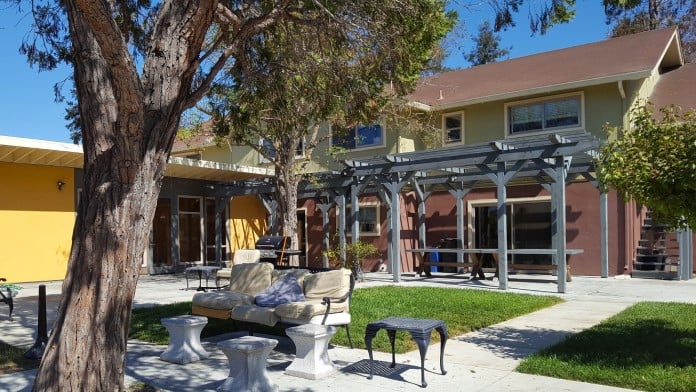
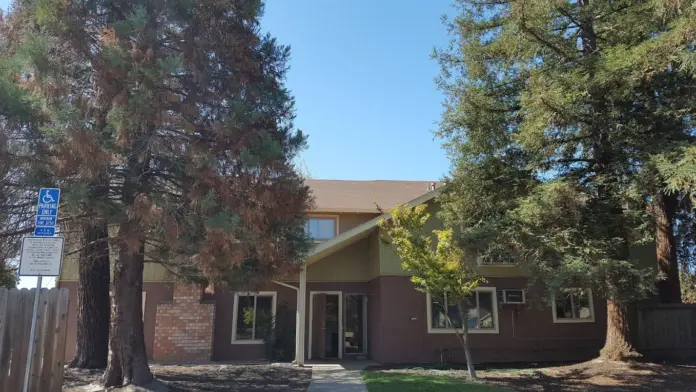
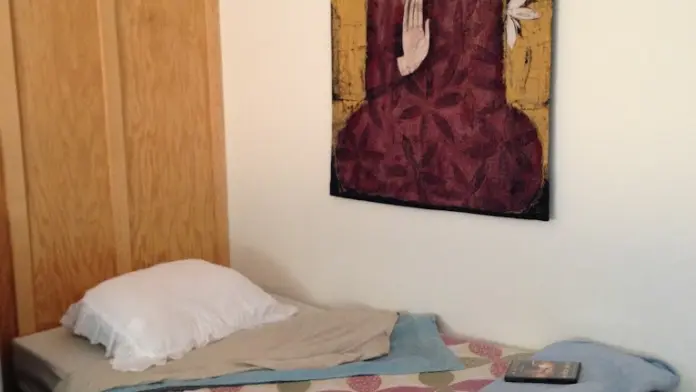
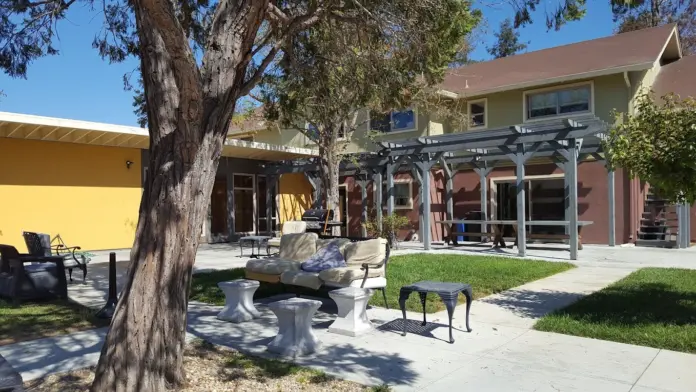
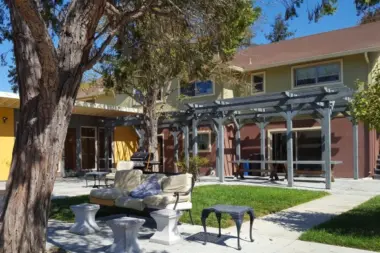

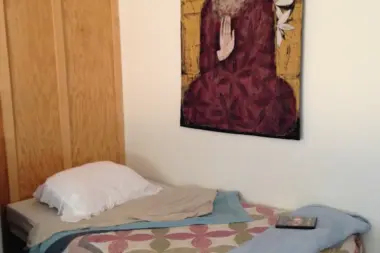

Other Forms of Payment
Medicaid is a state based program that helps lower-income individuals and families pay for healthcare. Medicaid covers addiction treatment so those enrolled can use their coverage to pay for rehab. When a program accepts Medicaid the client often pays very little or nothing out of their own pocket.
Financial aid can take many forms. Centers may have grants or scholarships available to clients who meet eligibility requirements. Programs that receive SAMHSA grants may have financial aid available for those who need treatment as well. Grants and scholarships can help you pai for treatment without having to repay.
Medicare is a federal program that provides health insurance for those 65 and older. It also serves people under 65 with chronic and disabling health challenges. To use Medicare for addiction treatment you need to find a program that accepts Medicare and is in network with your plan. Out of pocket costs and preauthorization requirements vary, so always check with your provider.
Addiction Treatments
Levels of Care
Residential treatment programs are those that offer housing and meals in addition to substance abuse treatment. Rehab facilities that offer residential treatment allow patients to focus solely on recovery, in an environment totally separate from their lives. Some rehab centers specialize in short-term residential treatment (a few days to a week or two), while others solely provide treatment on a long-term basis (several weeks to months). Some offer both, and tailor treatment to the patient's individual requirements.
Treatments
Mental health rehabs focus on helping individuals recover from mental illnesses like bipolar disorder, clinical depression, anxiety disorders, schizophrenia, and more. Mental health professionals at these facilities are trained to understand and treat mental health issues, both in individual and group settings.
Programs
Adult rehab programs include therapies tailored to each client's specific needs, goals, and recovery progress. They are tailored to the specific challenges adult clients may face, including family and work pressures and commitments. From inpatient and residential treatment to various levels of outpatient services, there are many options available. Some facilities also help adults work through co-occurring conditions, like anxiety, that can accompany addiction.
Young adulthood can be an exciting, yet difficult, time of transition. Individuals in their late teens to mid-20s face unique stressors related to school, jobs, families, and social circles, which can lead to a rise in substance use. Rehab centers with dedicated young adult programs will include activities and amenities that cater to this age group, with an emphasis on specialized counseling, peer socialization, and ongoing aftercare.
Clinical Services
Cognitive Behavioral Therapy (CBT) is a therapy modality that focuses on the relationship between one's thoughts, feelings, and behaviors. It is used to establish and allow for healthy responses to thoughts and feelings (instead of unhealthy responses, like using drugs or alcohol). CBT has been proven effective for recovering addicts of all kinds, and is used to strengthen a patient's own self-awareness and ability to self-regulate. CBT allows individuals to monitor their own emotional state, become more adept at communicating with others, and manage stress without needing to engage in substance abuse.
Experiential therapy is a form of therapy in which clients are encouraged to surface and work through subconscious issues by engaging in real-time experiences. Experiential therapy departs from traditional talk therapy by involving the body, and having clients engage in activities, movements, and physical and emotional expression. This can involve role-play or using props (which can include other people). Experiential therapy can help people process trauma, memories, and emotion quickly, deeply, and in a lasting fashion, leading to substantial and impactful healing.
Group therapy is any therapeutic work that happens in a group (not one-on-one). There are a number of different group therapy modalities, including support groups, experiential therapy, psycho-education, and more. Group therapy involves treatment as well as processing interaction between group members.
In individual therapy, a patient meets one-on-one with a trained psychologist or counselor. Therapy is a pivotal part of effective substance abuse treatment, as it often covers root causes of addiction, including challenges faced by the patient in their social, family, and work/school life.
Nutrition therapy, aka medical nutrition therapy (MNT), is a way of treating physical, emotional, and medical conditions through diet. Specific dietary plans are designed by professional nutritionists or registered dietitians, and patients follow them in order to positively affect their physical and mental health.
Staff
Jamie Almanza
CEO
Shamima Abdullah
Program Manager for Enhanced Case Management
Andrea Anderson
Program Manager for Sacramento Cedar
Ione Aquino
Property Supervisor
Nicole Avshalomov
Clinical Supervisor for HEAT
Rachel Avila
Program Supervisor for SAGE
Robin Austin
Program Manager for Circa60
Tiha Baker
Program Supervisor for SAGE
Contact Information
22505 Woodroe Avenue
Hayward, CA 94541